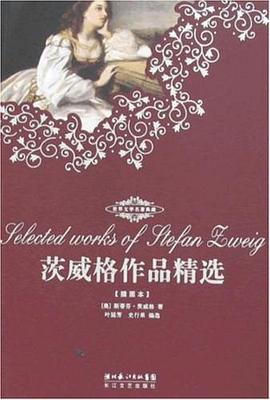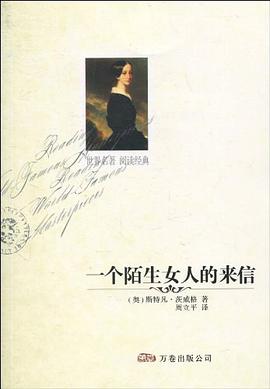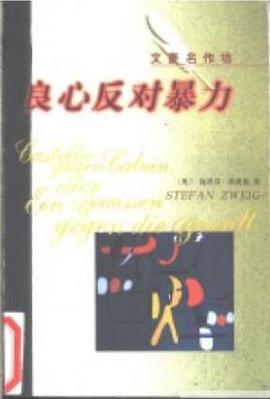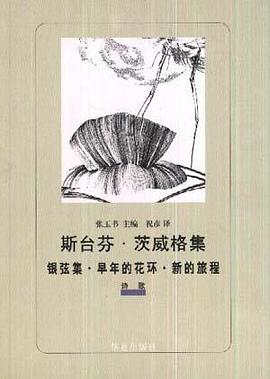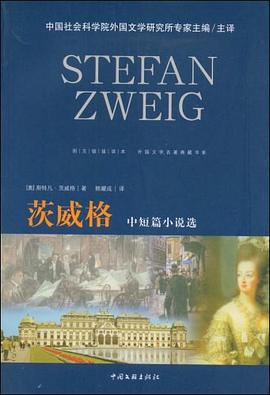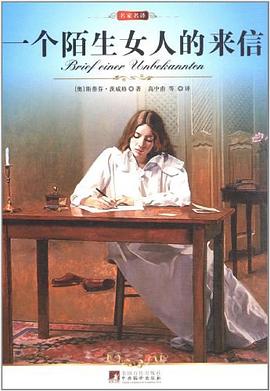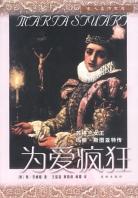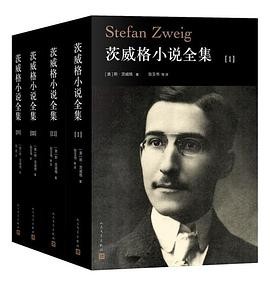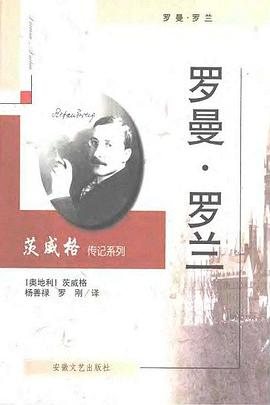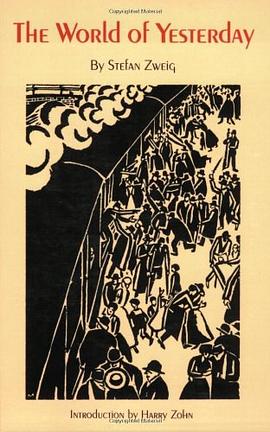

具體描述
Stefan Zweig (1881-1942) was an Austrian writer who, at the height of his fame in the 1920s and 30s, was one of the most famous authors in the world. Zweig was born into a wealthy Austrian-Jewish family in Vienna, where he attended school and university before continuing his studies on Berlin. A devotee of Hugo von Hoffmanstahl, he had published his first book of poetry by the age of 19. After taking a pacifist stance during the First World War he travelled widely and became an international bestseller with a string of hugely popular novellas including Letter from an Unknown Woman, Amok and Fear. He also developed friendships with great writers, thinkers and artists of the day, including Romain Rolland, Rainer Maria Rilke, Arturo Toscanini and, perhaps most importantly, Sigmund Freud, whose philosophy had a great influence on Zweig’s work.
In 1934, with the rise of Nazism, he moved to London. There he began proceedings for the divorce of his first wife Frederika, whom he had left for his secretary Lotte Altmann, a young German-Jewish refugee. In London he also wrote his only novel – his most famous and arguably greatest work, Beware of Pity – before moving to Bath, where, with the outbreak of the Second World War in 1939, he and Lotte took British citizenship. With the German occupation of France in 1940, Zweig, a committed pacifist and advocate of European integration, was devastated. “Europe is finished, our world destroyed,” he wrote. Zweig and Lotte married and left Europe for New York, before finally settling in Petrópolis, Brazil, where in 1942 the couple were found dead in an apparent double suicide.
Stefan Zweig (1881-1942) was a poet, novelist, and dramatist, but it was his biographies that expressed his full genius, recreating for his international audience the Elizabethan age, the French Revolution, the great days of voyages and discoveries. In this autobiography he holds the mirror up to his own age, telling the story of a generation that 'was loaded down with a burden of fate as was hardly any other in the course of history'. Zweig attracted to himself the best minds and loftiest souls of his era: Freud, Yeats, Borgese, Pirandello, Gorky, Ravel, Joyce, Toscanini, Jane Addams, Anatole France, and Romain Rolland are but a few of the friends he writes about. Stefan Zweig was an Austrian writer whose life connected with James Joyce, Richard Strauss, Sigmund Freud and Adolf Hitler - among many others. He was, essentially, a European of the old school, and his last book, "The World of Yesterday", testifies to this. Zweig was born in 1881; he lived to see the continent torn apart by two world wars and committed suicide in Brazil in 1942 when, after the fall of Singapore to the Japanese, he came to believe that a Nazi world was inevitable. "The World of Yesterday" was written shortly before his suicide and was intended as a literary capsule to remind future generations of the world that they had lost, and how that loss had come about. The main trajectory of the book is from an old world of seeming 'security' in which notions of peace, dignity and learning reigned, to the new world of war in which Hitler had destroyed all of these things. Zweig provides a vivid portrait of how war and terror can sweep over a people who are seemingly oblivious to what is happening to them. The process, in Zweig's view, vindicates the apparent pessimism of his friend Sigmund Freud - who believes that culture could never overcome the subconscious and malevolent desires of a people. Zweig lost almost everything he had to the Nazis. He was an Austrian jew who fled because he knew what was coming. The book is written entirely from memory. Its language consequently tends to lurch from the high flown and sentimental, to chillingly accurate vignettes of how a people can delude themselves about a catastrophe in their midst. He manages to convey his horror when, on his final visit to Austria, he realised that none of his friends and family could imagine the worst that could happen - and hence did not believe his exhortations to leave while they could: 'They invited each other to full-dress parties (little thinking that they would soon be wearing prisoner's clothes in a concentration camp)'.
用戶評價
##這本深受好評的書讀來不僅沒有令人失望,其帶來的思想情感的撞擊力之大是思思讀書感受中少有,雖然通篇找下來,見不到什麼煽情的遣詞造句。 這不是一本簡單的傳記,是人類精神文明的悲情在一個時代的縮影。作者身為纔華橫溢之男兒,袒露齣嬌弱女兒之悲憫之心,超越瞭種族超越...
評分 評分##you know what, now i've had a mad crush on Europe by what he has showed to me, especially on France. and now i surely understand his suicide, don't be worry about me mom&dad or the considerate publisher, we have a world to tend and worry about. they said its name is humanitarianism, i prefer it Sympathy, while we are not Jesus.
評分 評分##@2016-10-18 00:46:47
評分 評分相關圖書
本站所有內容均為互聯網搜尋引擎提供的公開搜索信息,本站不存儲任何數據與內容,任何內容與數據均與本站無關,如有需要請聯繫相關搜索引擎包括但不限於百度,google,bing,sogou 等
© 2025 book.qciss.net All Rights Reserved. 圖書大百科 版權所有

